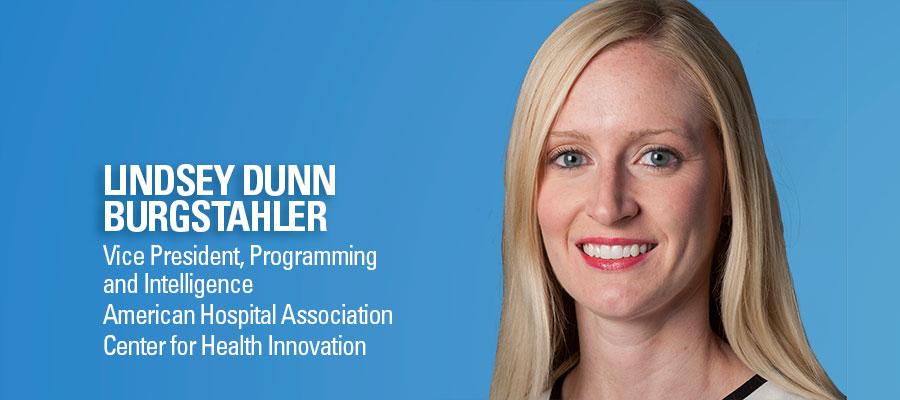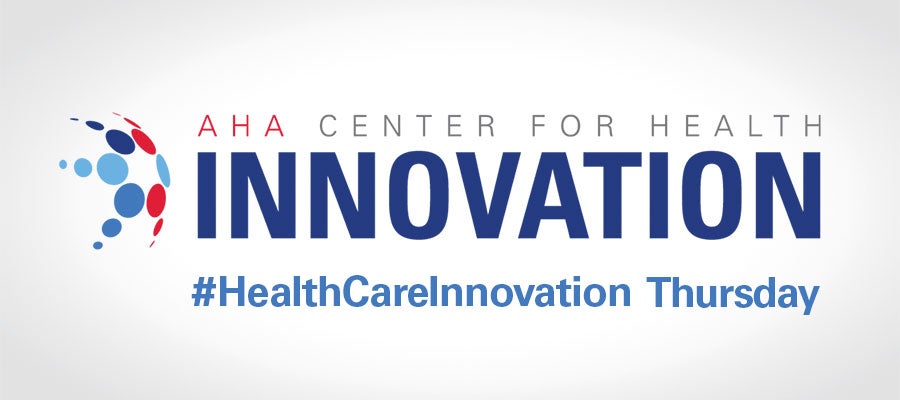One Thing COVID Didn’t Change: Leadership


The COVID-19 pandemic has forever changed many of the things that shape our lives: our relationships, our work, our interactions with technology and one another. And although it has undoubtedly changed leaders, it hasn’t changed what we know about leadership. In fact, the great challenges and uncertainty that we’ve faced over the last year have only reinforced that the best ways to lead are still the best ways to lead.
So what makes a strong leader in turbulent times? How does a leader reassure and inspire without having all the answers?
- Daring transparency. Providing frequent, transparent information about the organization and the situation is crucial, even when the data may be insufficient to quell fears. Transparent leaders are comfortable with being vulnerable and recognize that withholding information during uncertain times usually results in a worse situation than sharing information that may be troubling.
- Confidence in the expertise of the team. The best leaders can communicate a compelling vision for the organization even when the next step is unclear. These leaders go above and beyond to show confidence in their teams — from the executive team to the front line — to successfully adjust and adapt to new challenges and new information. They inspire their teams’ own confidence in their ability to manage change and in doing so empower a resilient workforce.
- Drive urgent action and encourage not staying the course. Leaders cannot allow lack of data to paralyze an organization during a crisis. Instead, they must encourage creativity, innovation and calculated risk-taking. But in so doing, they also must ensure the organization pairs this innovation with constant adjusting and iteration.
Hospital and health system leaders across the country have inspired their teams and communities during this public health crisis. They’ve ensured their organizations move forward and are there to provide care for those who need it. And they’ve relied on wisdom gained during a career’s worth of experience to guide them.
To help ensure this wisdom is passed along to the next generation of health care leaders, the AHA is proud to support the development of future leaders through the Next Generation Leaders Fellowship. During the year-long program, high-potential health care leaders are paired with a mentor and meet regularly with other fellows — rising stars in the field who build relationships to span a career.
“Despite the unprecedented challenges [of the past year], I feel that I have been able to take advantage at every turn because of the tools, support and guidance provided by the AHA Next Generation Leaders Fellowship,” says Danielle Noreika, M.D., current Next Gen program fellow and medical director, inpatient palliative care services, with the Virginia Commonwealth University Health System. “From online learning modules with current ‘need to know’ topics to solution sprints with class colleagues and nationally recognized health care leaders and expert one-on-one mentorship, this program was perfectly timed and designed to help me rise to the challenge.”
Wisdom grows from experience and relationships, both of which can be fostered and accelerated to ensure the next generation of hospital and health system leaders exhibits the same fortitude we’ve seen in our current leaders when the next crisis hits.
Applications for the 2021–2022 cohort of the Next Generation Leaders Fellowship are being accepted until March 26. Learn more at aha.org/nextgenfellowship.
Lindsey Dunn Burgstahler is vice president, programming and intelligence, at the AHA Center for Health Innovation.

